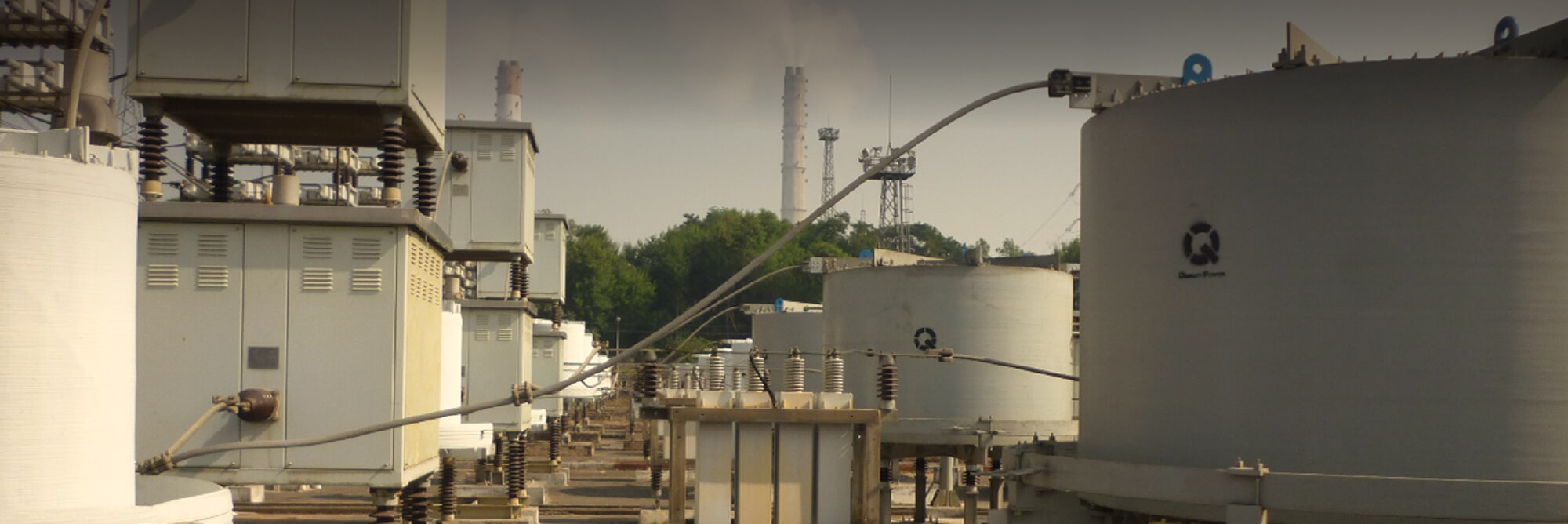AC filter reactors are used in HVDC (High Voltage Direct Current) applications to filter out harmonic currents that can be generated by the rectification process. HVDC systems use rectifiers to convert AC power to DC power, and these rectifiers can generate harmonic currents that can cause problems with power quality and equipment damage.

Reactors > Facts/ HVDC
AC Filter Reactor
AC filter reactors are connected in series with the rectifiers and act as low-pass filters, allowing the fundamental frequency of the AC power to pass through while blocking the harmonic frequencies.
AC filter reactors are designed to have a specific impedance at the harmonic frequencies, which helps to reduce the amplitude of the harmonic currents. They are typically made from a coil of wire wrapped around a core made of iron or another magnetic material.
This core helps to increase the inductance of the reactor, which is necessary for it to effectively filter out the harmonic frequencies.
AC filter reactors can also be used in other applications where harmonic currents are a problem. They can be used in power electronic systems, wind and solar farms, industrial drives and many others.


